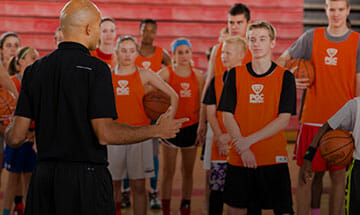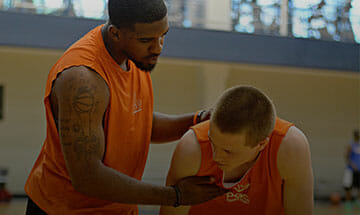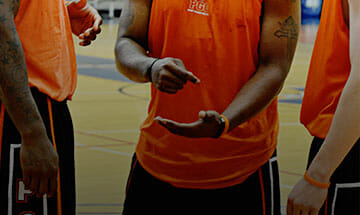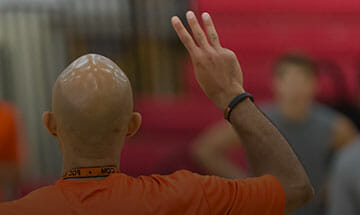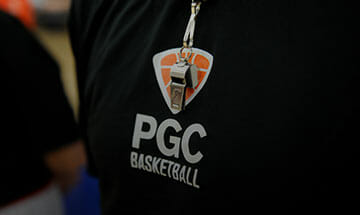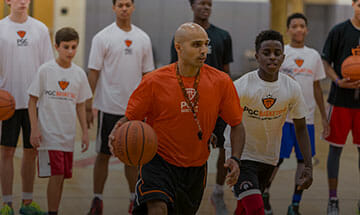Coachability
Every coach is concerned with how coachable an athlete is. How concerned should a player be with a coach’s coach-ability? I think it ought to be crucial to you, even if from a purely selfish standpoint. If you happen to love your coach, love listening to his pep talks and philosophies, and want to do everything your coach says in the best possible way, you are lucky and will probably be able to listen attentively and flatteringly and do your best effortlessly. But what if you don’t like your coach?
Learning How to Lose
No one is quite sure about how a player is supposed to act after a loss. It doesn’t seem necessary to cry for a week, especially since you are likely to have another game within that time. Yet, it doesn’t seem quite right to walk off the court laughing either. Naturally, some losses will be more bothersome than others, and, just as naturally, every player will lose sometimes. Therefore, it seems intelligent to prepare a response in advance for those unhappy times when the inevitable happens, you lose.
Criticism: It’s Part of the Game
If you have a good coach and you are a good player, most likely you have already learned that the only intelligent response to criticism from your coach is to accept it, keep your mouth shut and try to learn from it. No one, especially tough competitors, can ever be expected to like criticism, but you certainly must be able to take it and learn from it.
Three Things I Learned – Part 3
This is the final blog in a 3-part series on my key learnings from 2011. Key Learning #3: At our sessions in the summer, we have typically made pizza and
Three Things I Learned – Part 2
This is the second blog in a 3-part series on my key learnings from 2011. Key Learning #2: Don’t try to convince people to attend PGC. Sometime over the past
Three Things I Learned – Part 1
Back in late December I took some time to reflect back on 2011, and I created my list of yearly highlights and key learnings. I realized it would be worthwhile
Leading By Example is Poor Leadership
Many will say: “What do you mean I’m a poor leader if I lead by example?” Well, for starters, “leadership” is what every team member must do on a good team. It’s a baseline. A starting point that lays the foundation for winning and championship performances. The first level of leadership is leading yourself. That is, by doing what needs to be done (e.g. showing up on time, being prepared to play, hustling, etc.), it sets the example – or tone rather. That’s called doing your part. To a good coach, it’s the expectation rather than an exception.
COACHING CLINIC NOTES: PGC Basketball Owner & Director Dena Evans
Listen in as ‘Coach D’ opens up on topics such as how to create championship practices, being special and standing out to a good coach, teaching players how to communicate effectively, and her relationship with legendary UCLA basketball coach, John Wooden.

